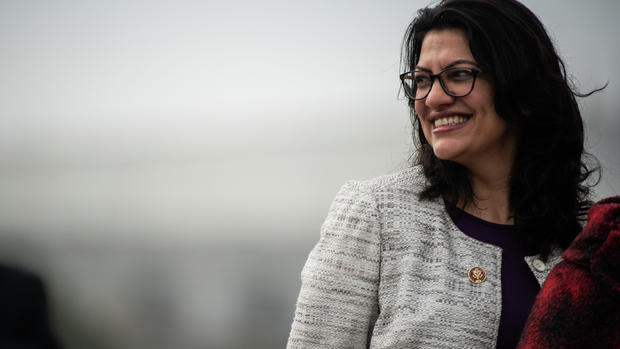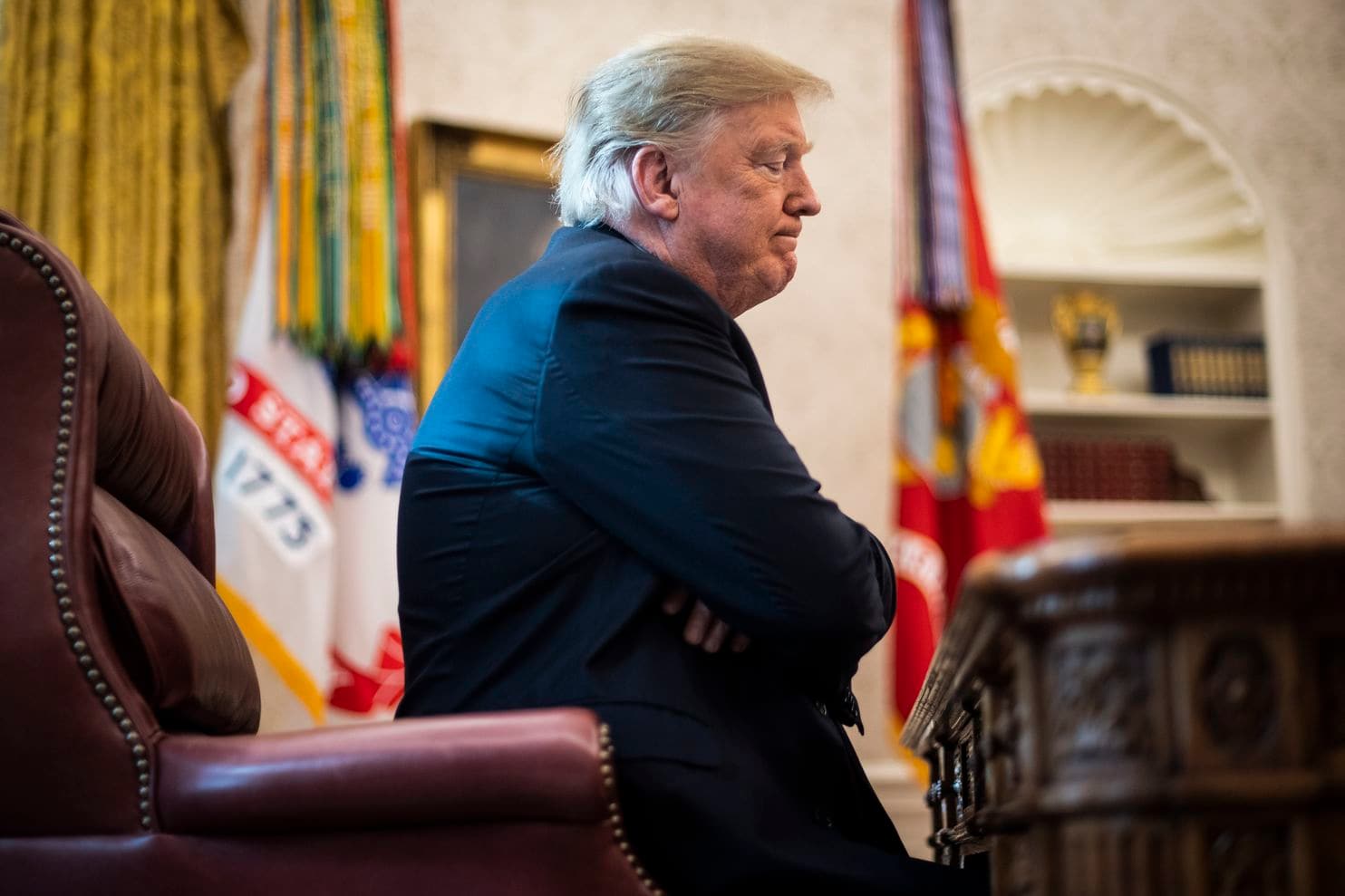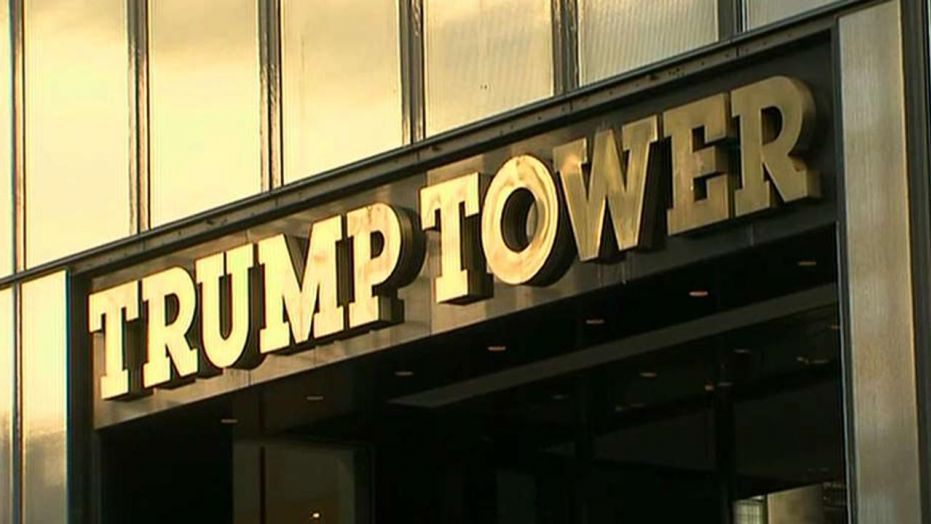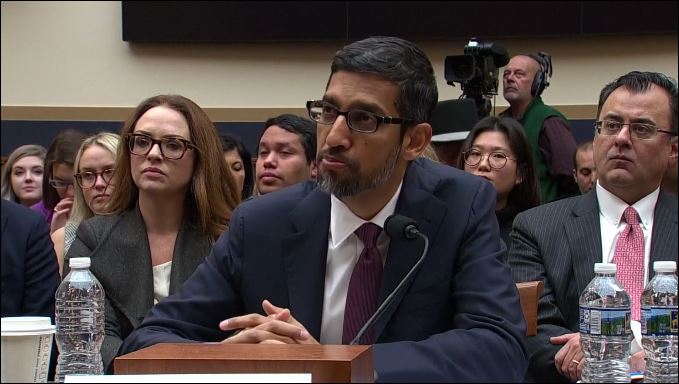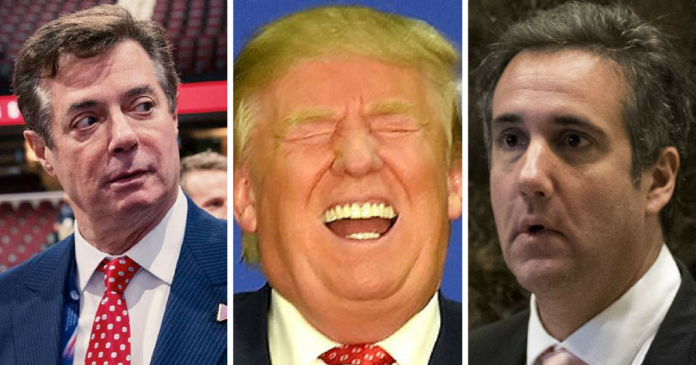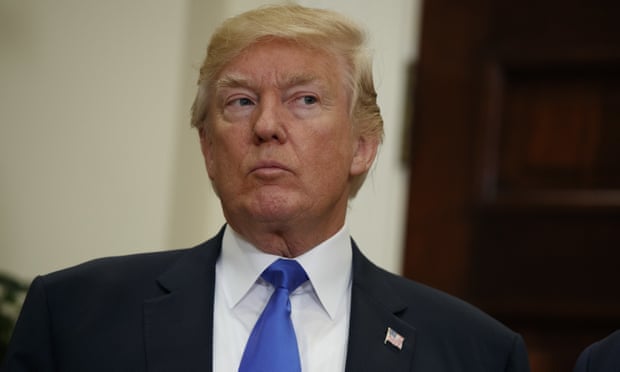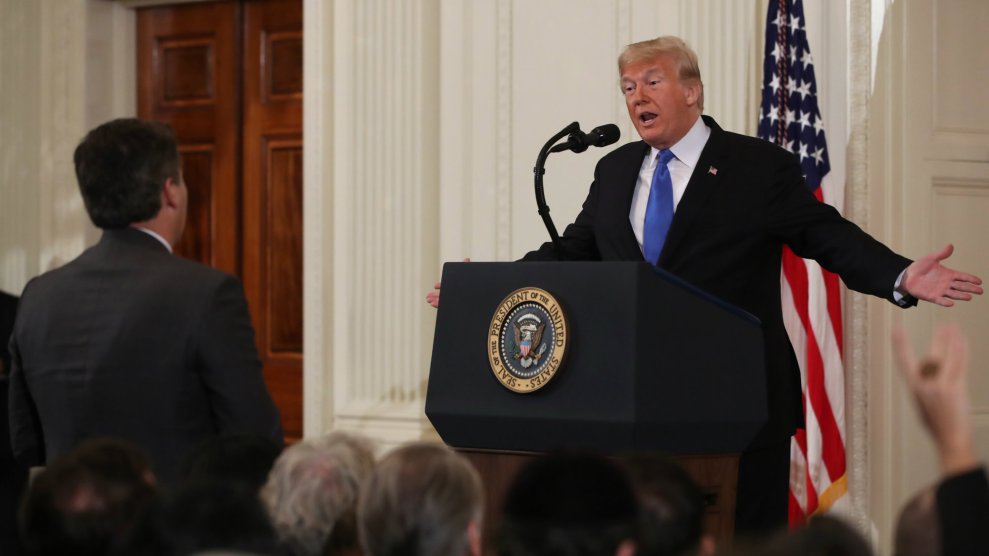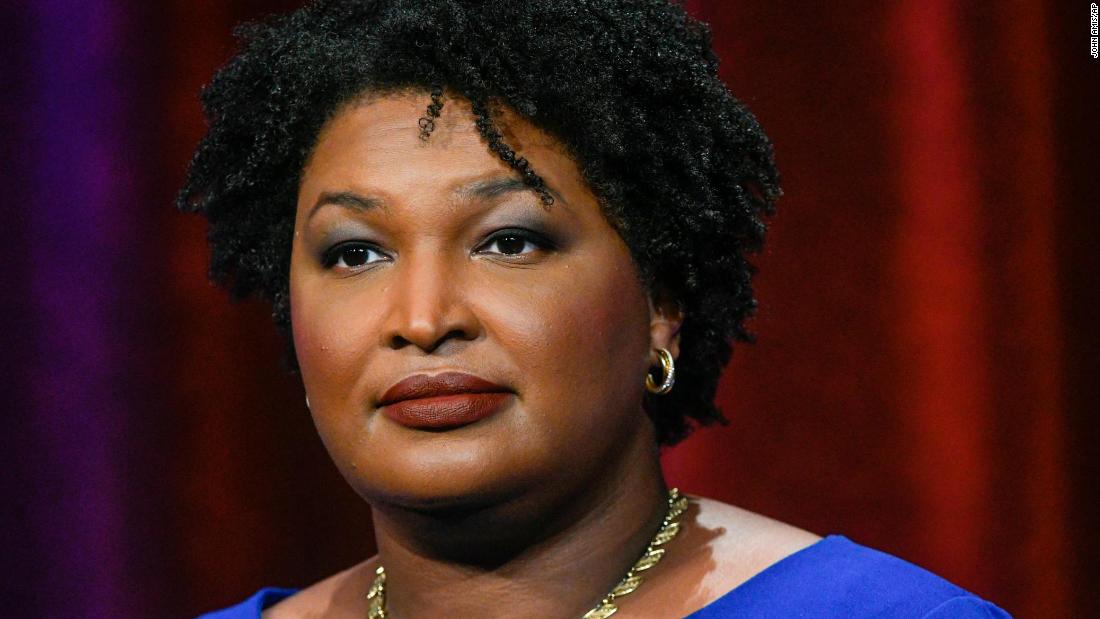Alan Hicks divides long days between the insurance business he started in the late 1970s and the barbecue restaurant he opened with his sons three years ago. He earned more than $250,000 last year and said taxes took more than 40 percent. What’s worse, in his view, is that others — the wealthy, hiding in loopholes; the poor, living on government benefits — are not paying their fair share.
“It feels like the harder we work, the more they take from us,” said Mr. Hicks, 55, as he waited for a meat truck one recent afternoon. “And it seems like there’s an awful lot of people in the United States who don’t pay any taxes.”
These are common sentiments in the eastern suburbs of St. Louis, a region of fading factory towns fringed by new subdivisions. Here, as across the country, people like Mr. Hicks are pained by the conviction that they are paying ever more to finance the expansion of government.
But in fact, most Americans in 2010 paid far less in total taxes — federal, state and local — than they would have paid 30 years ago. According to an analysis by The New York Times, the combination of all income taxes, sales taxes and property taxes took a smaller share of their income than it took from households with the same inflation-adjusted income in 1980.
Households earning more than $200,000 benefited from the largest percentage declines in total taxation as a share of income. Middle-income households benefited, too. More than 85 percent of households with earnings above $25,000 paid less in total taxes than comparable households in 1980.

